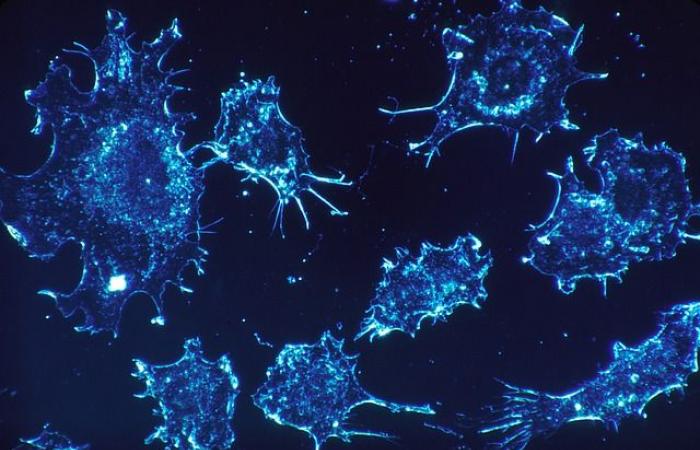A technological breakthrough by medical researchers at Tel Aviv University has discovered a cancer-causing mechanism that prevents the immune system from attacking tumors. The researchers were surprised to find that reversing this mechanism stimulates the immune system to fight cancer cells, even in types of cancer considered resistant to common forms of immunotherapy.
This discovery was led by Professor Carmit Levy, Professor Yaron Carmi and doctoral student Avishaï Maliah from the Faculty of Medical and Health Sciences at Tel Aviv University. The study was published in the reference journal Nature Communications.
Professor Levy explains: “It all happened by chance. My lab studies both cancer and the effects of ultraviolet (UV) rays from the sun on our skin and bodies, both of which are known to weaken the immune system. Cancer weakens immune cells and solar radiation weakens the skin's immune system. While in most cases, cancer researchers around the world focus on the tumor and look for the mechanisms by which cancer suppresses the immune system, here we proposed a different approach: studying how UV exposure weakens the immune system and apply our results to cancer. The discovery of a mechanism that inhibits the immune system opens new avenues for innovative therapies”.
He adds: “It was with this idea in mind that I asked my colleague, Professor Yaron Carmi, a world expert on the immune system, to join the study. Avishaï Maliah, a doctoral student in my laboratory, led the project. The first step consisted of an in-depth study of the skin changes induced by UV exposure, using a mouse model. Avishaï examined the behavior of dozens of proteins after UV exposure and surprisingly discovered a significant increase in the level of a relatively unexplored protein called Ly6a. This unexpected discovery led us to deepen our research to understand the function of the protein and whether it is involved in the process of immune suppression.”
This new discovery could have practical implications in immunotherapy, a method of treating cancer by improving the response of the immune system.
Professor Carmi concludes: “Immunotherapy has revolutionized cancer treatment. However, approximately 50% of patients do not respond to the currently used treatment, PD1 protein. We discovered a new protein, Ly6a, and found that its antibody eradicated tumors in our animal models, even those resistant to PD1 therapy. We are currently working to translate our findings into a drug for cancer patients, in the hope of providing an effective new treatment.”
France
Health






